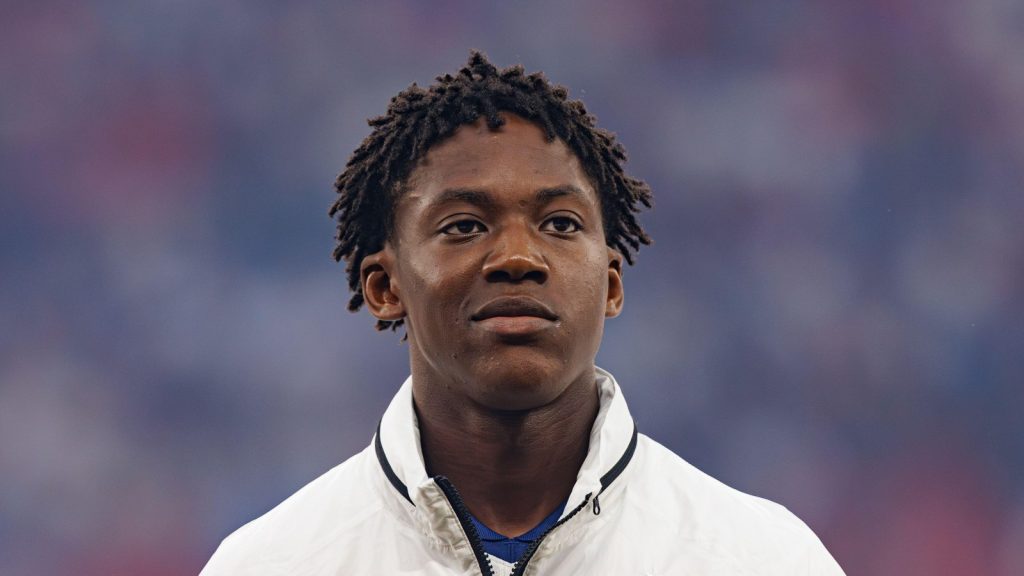Although England showcased resilience at Euro 2024, terms like “spectacular” do not describe their performance. Reaching the final and nearly winning speaks volumes, with the Three Lions managing to progress despite a lackluster beginning. They weren’t particularly thrilling; they simply found their rhythm.
Manchester United midfielder Kobbie Mainoo played a significant role in this gradual improvement. While he had limited exposure during a subdued group stage, he started all four matches in a more decisive and effective knockout phase.
Mainoo, who turned 20 in April, has established himself in an England shirt. As a Stockport native and United academy graduate, he has made 50 appearances in the Premier League. His uncertain future this summer reflects not just on the club but also on the financial governance issues in football.
The specific shortcomings of current football financial regulations are evident. Under the Premier League’s profit and sustainability rules (PSR), a club can incur losses of up to £105 million over three years, leading teams to continuously buy and sell players. This cycle increasingly forces clubs to choose from the so-called ‘Do Not Sell’ group for transactions.
Although Manchester United is central to the PSR discussion—given that debts are excluded from calculations—it’s alarming that they would even consider selling Mainoo. The same concerns apply to Alejandro Garnacho, although his potential departure might be received more favorably due to past controversies.
Mainoo’s career has been hindered recently by injuries and limited use, appearing in half of United’s Premier League matches for the 2024/25 season. Despite this, he remains a promising talent eager to regain consistency for 2025/26.
There are rumors that Mainoo’s salary expectations could impact his club’s decision-making. With his contract expiring in two years, timely decisions are crucial. Coaches have praised his maturity, strength, and on-field creativity, confirming his potential to be essential for United’s revival.



